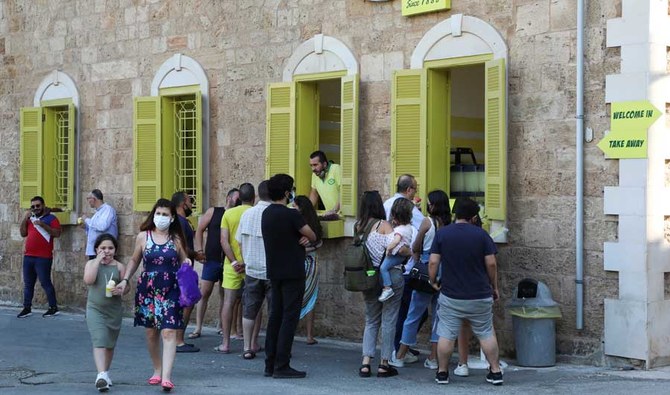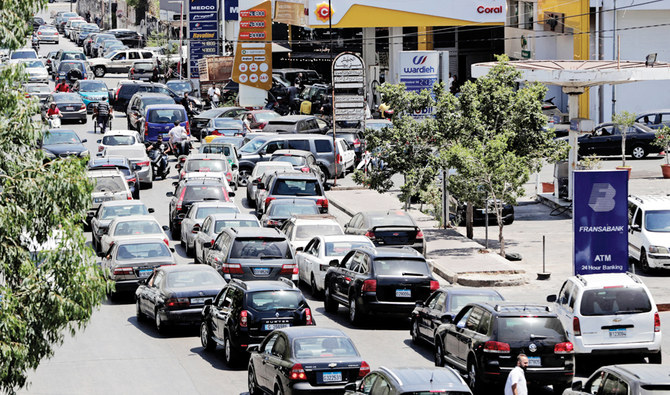
by thearabweekly.com — PARIS – Pressure is building up on Lebanon’s political class to end their ongoing dispute over the formation of a new government that is critical to transforming the country and launching long-stalled reforms. French Foreign Minister Jean-Yves Le Drian said Friday his country and the United States have agreed to act together to put pressure on Lebanese officials responsible for the political and economic calamity gripping the country. “We have decided to act together to put pressure on those responsible. We know who they are,” Le Drian told a news conference with US counterpart Antony Blinken in Paris. “We need to see real leadership in Beirut,” Blinken added. A fight among Lebanese leaders to secure power is at the heart of the government turmoil, with the feud threatening to drag the country into a total financial crash.
Lebanon’s economic meltdown, triggered by decades of corruption and mismanagement, began in late 2019 and has intensified in recent months. The World Bank said earlier this month the crisis is likely to rank as one of the worst the world has seen in more than 150 years, adding that the economy contracted 20.3% in 2020 and is expected to shrink a further 9.5% this year. Lebanon defaulted on paying back its debt for the first time in March, while talks with the International Monetary Fund on a bailout package stopped last year. The crisis has been the biggest threat to Lebanon’s stability since the 1975-90 civil war ended. A power struggle has emerged between premier-designate Saad Hariri on one side and the president Michel Aoun and his son-in-law Gebran Bassil, who heads the largest bloc in parliament, on the other. It has worsened the crisis despite warnings from world leaders and economic experts of the dire economic conditions tiny Lebanon is facing. Hariri was named to form a new government in October and has not succeeded so far.

![A demonstrator looks on as Lebanese policemen stand guard outside the Lebanese Central Bank in Beirut. [Getty]](https://english.alaraby.co.uk/sites/default/files/styles/large_16_9/public/2021-06/GettyImages-1074052672.jpg?h=16013371&itok=JswwK9co)







